World Bipolar Day 2017
End the Social Stigma
At SHEilds, as part of our Health and Safety policy we’re always keen to emphasise the importance of embracing diversity within the workplace. Adopting zero tolerance policies towards discrimination.
Being able to look beyond physical or personal characteristics and recognising the qualities which could make someone a great employee is of benefit to everyone. At the same time, it’s also important that employers and co-workers acknowledge differing needs; making adjustments to facilitate comfort and efficiency.
Unfortunately workplace myths would have some believe that these adjustments could be costly or difficult to implement, while in reality this is very rarely the case. Furthermore, grumbling and groaning regarding such assumed issues may instil a discriminatory atmosphere, which could in turn lead to workplace bullying.
Failing to prevent the latter situation is frankly a lose-lose scenario; allowing a toxic working environment to develop and potentially turning away employees who could be valuable assets. Conversely, basic awareness and a reasonable level of sensitivity lays the groundwork for better workplace relations and much happier staff.
Along these lines, the goals of World Bipolar Day 2017 are to raise awareness in order to end the social stigma which is sometimes associated with bipolar disorder, so in service of this we’ve created a rundown on the most important points to do our part.
Awareness of the Illness
Bipolar is a serious illness that is not yet fully understood by many individuals and yet it effects around 1 to 2% of the world population. That’s approximately 60 million people globally! According to The World Health Organisation (WHO) it is the 6th leading cause of disability in the world.
In summary, Bipolar is a psychological disorder that causes sufferers to have periods of time where their emotions and moods suddenly become erratic, with energy levels that will dip and peak unexpectedly causing them difficulty in carrying out everyday tasks.
Whether it may be going to the shops or the ability to cope with a working environment the disorder can potentially interfere, making the everyday problematic. Personally too, it can put a serious strain on having healthy relationships with others.
The outbursts in question are known as ‘manic episodes‘, usually occurring for around a week though potentially able to last much longer. They might consist of a substantially elevated high – often characterised by hyperactivity and dramatically reduced inhibition – or a low – characterised by irritation and poor self-esteem – accompanied by what is usually highlighted as persistently goal-focused activity, disrupted sleep patterns and poor concentration.
The Asian Network of Bipolar Disorder (ANBD), International Bipolar Foundation (IBPF) and the International Society of Bipolar Disorder (ISBD) decided to work together to spread awareness of the illness and the lack of sensitivity surrounding the condition, so on the 30th March 2014 World Bipolar Day (WBD) was created.
This date was chosen as it was the birthday of the famous Dutch artist Vincent Van Gogh, as it is strongly believed that Vincent himself suffered with bipolar.
It was known that amongst other illnesses Vincent suffered greatly with depression. In 1888 during one of his ‘episodes’ he cut part of his own ear off. He was admitted to hospital where his condition was diagnosed as “acute mania with generalised delirium“. Many experts believe that Vincent Van Gogh suffered with a bipolar disorder.
Considerate Support
The idea of WBD is to educate people about the illness, and awareness of signs and symptoms. Support is needed for sufferers and families living with bipolar. Much more research and help is required on the biological causes of the illness, to find a better method to diagnose and better treatments. You can help in a number of ways listed on the official World Bipolar Day site.
Employers and colleagues meanwhile can help people effected by the disorder a great deal, simply by being open minded and working with them to their specific needs.
Remember that symptoms, severity and triggers will vary from case-to-case so it’s important that considerate support tailored to the employee in question is offered. Carrying out a risk assessment of what impact highs and lows may have on their role should be essential too while flexible working provides a straightforward way for them to work around manic episodes comfortably.
Above all, understanding should be key. Never ignorant judgement and never discrimination.
Marie Frayne

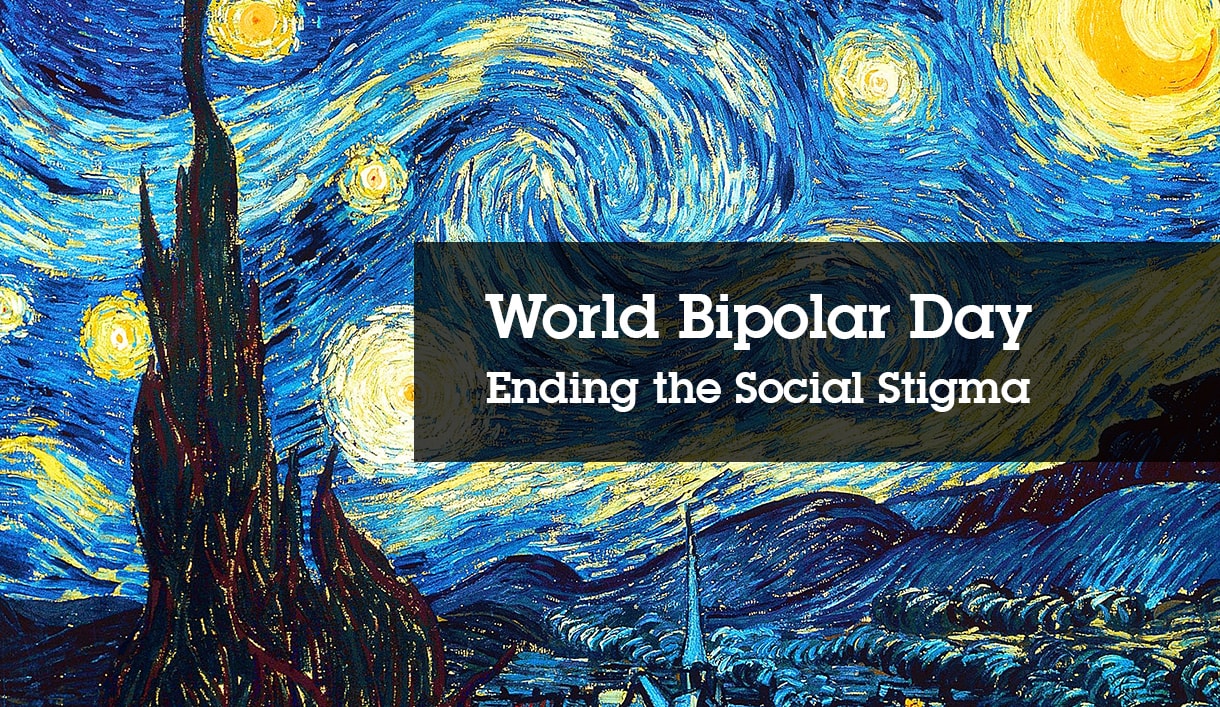

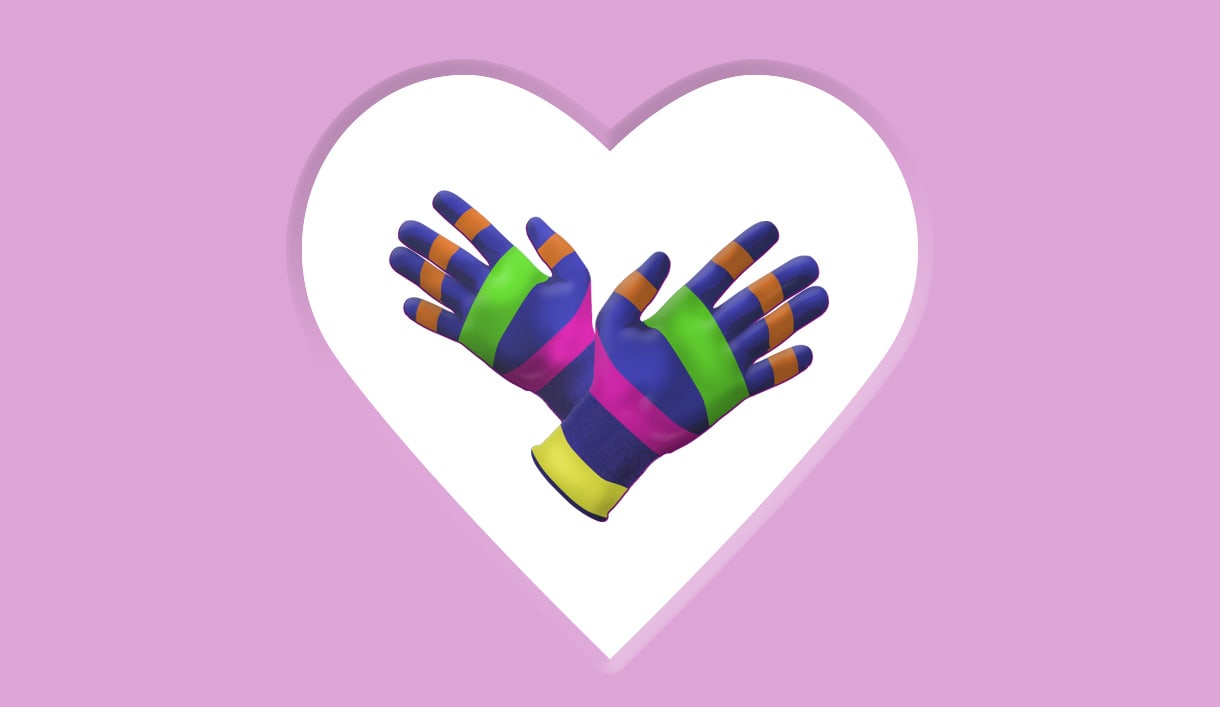
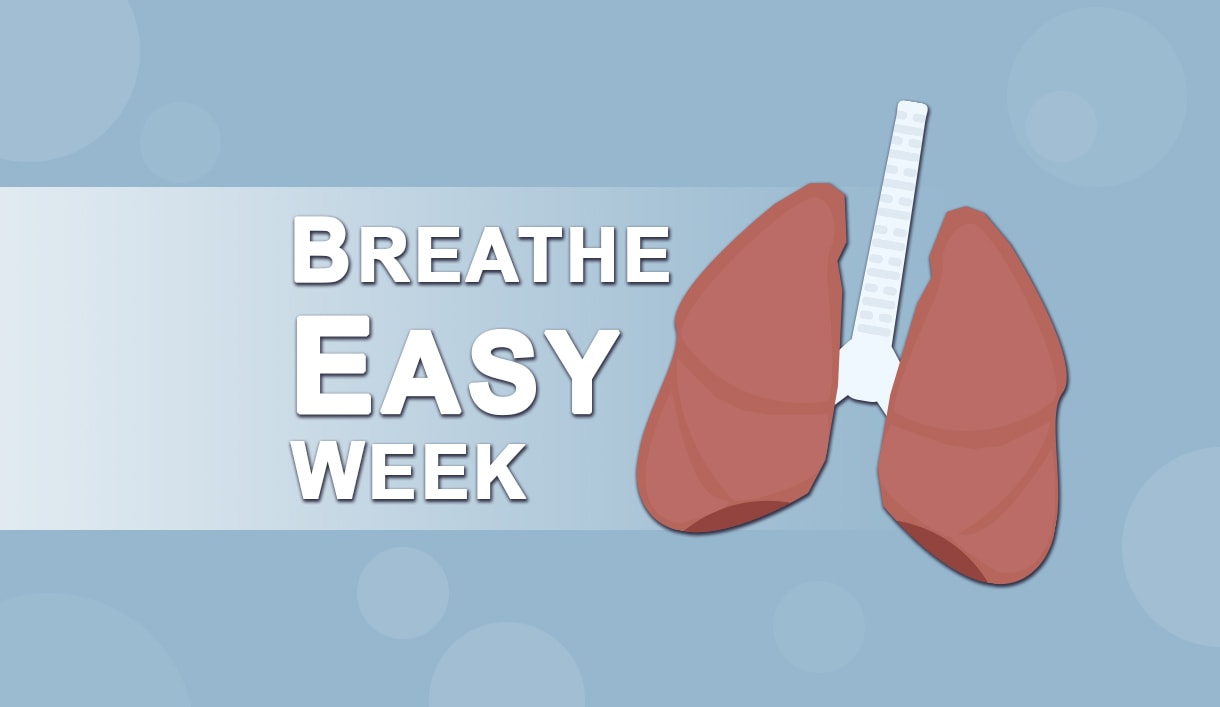
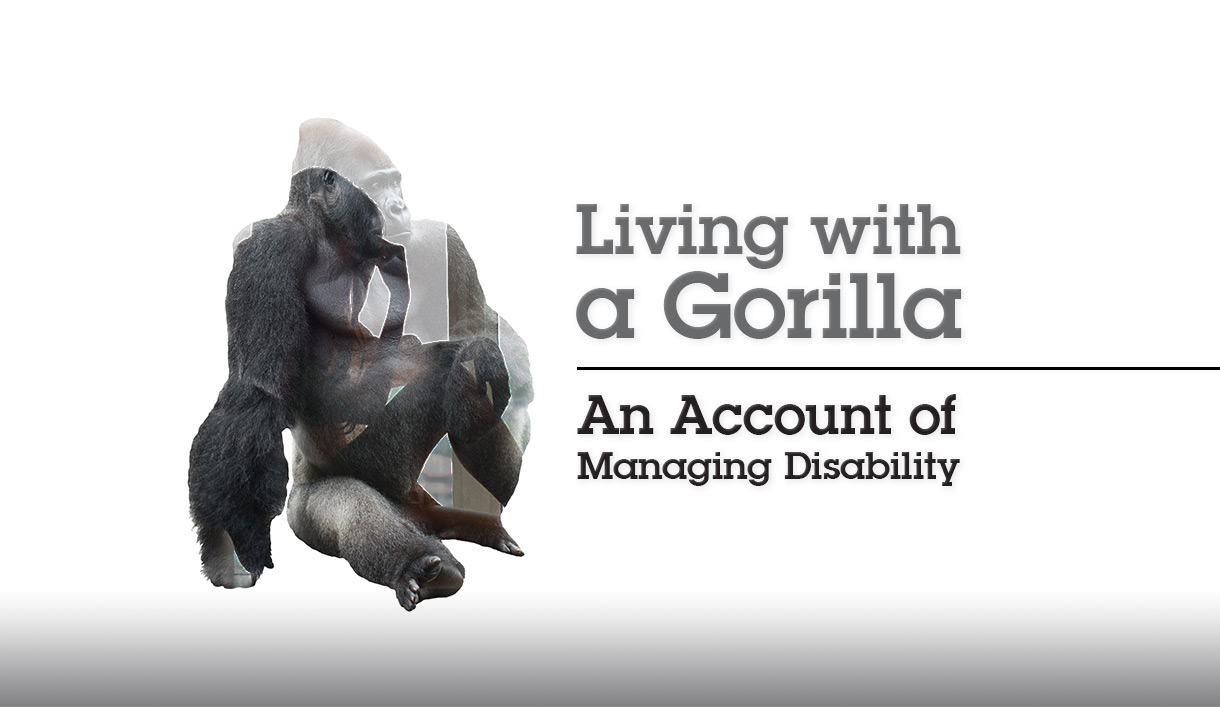
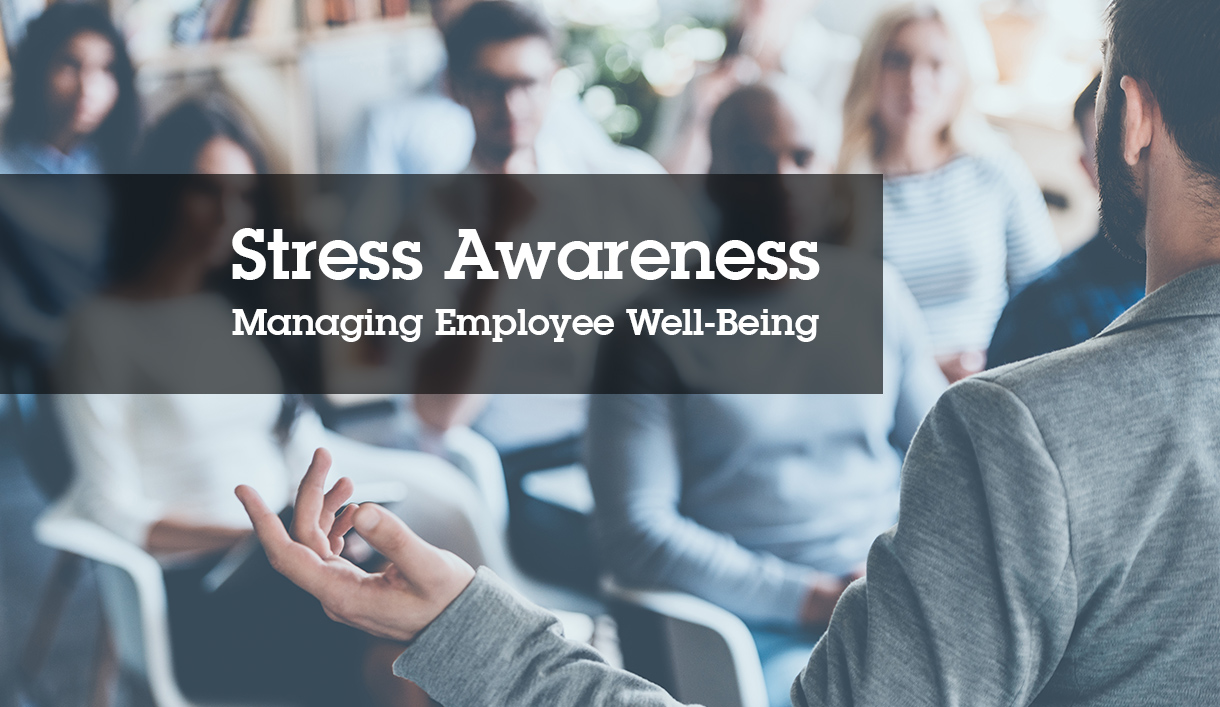
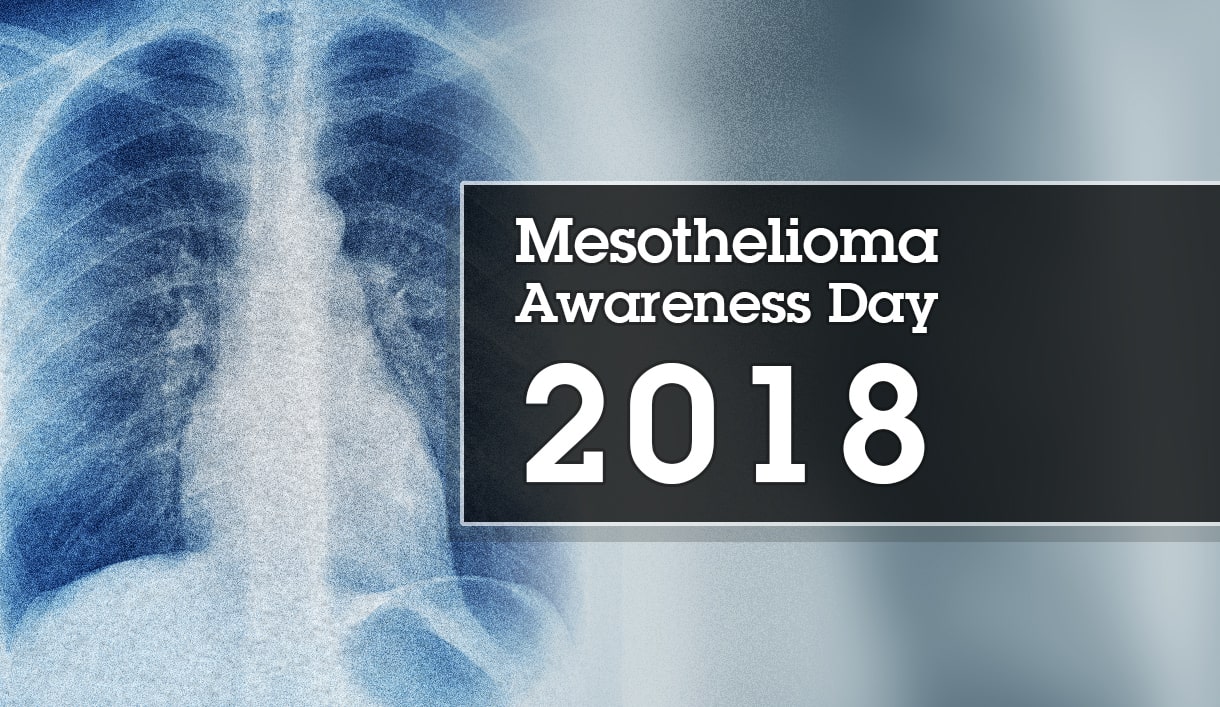
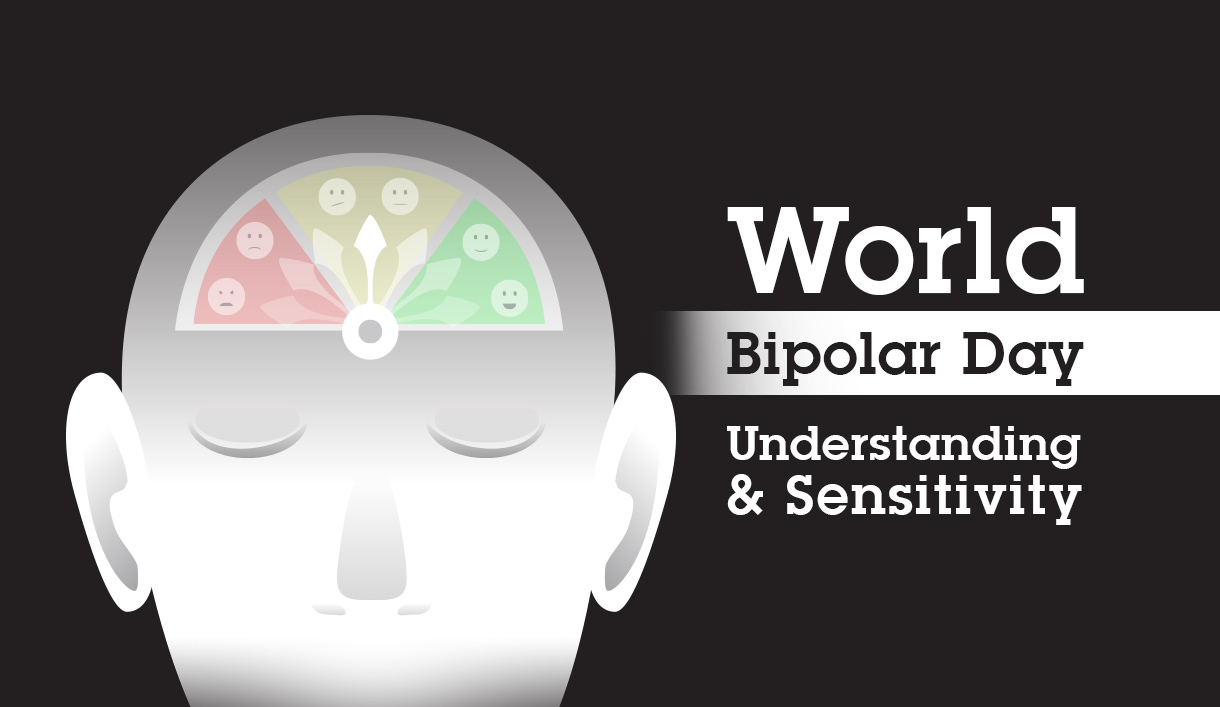
Leave a Reply
Want to join the discussion?Feel free to contribute!